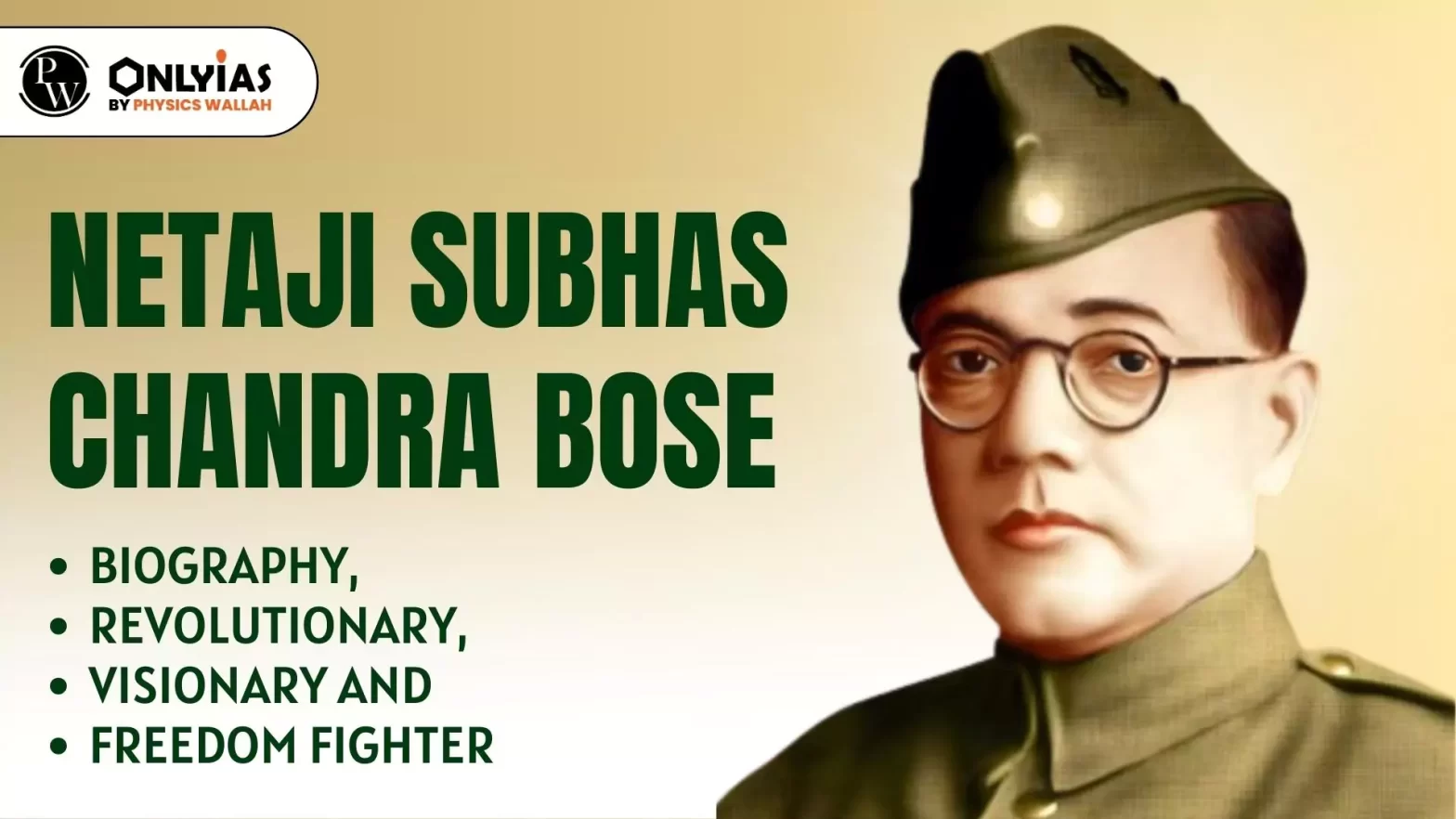Subhas Chandra Bose birthday is commemorated every year on January 23. This year marks the 128th anniversary of his birthday. This day is also celebrated as 'Parakram Diwas' or Courage Day.

Subhas Chandra Bose birthday is commemorated every year on January 23. This year marks the 128th anniversary of his birthday.
This day is also celebrated as ‘Parakram Diwas’ or Courage Day.

| Parameter | Mahatma Gandhi | Subash Chandra Bose |
| Non-Violence vs. Militant Approach |
|
|
| Means and Ends |
|
|
| Form of Government |
|
|
| Ideas on Economy |
|
|
| Religion |
|
|
| Caste and Untouchability |
|
|
| Women |
|
|
| Education |
|
|
| Also Read Other Biography | |
|---|---|
| Lal Bahadur Shastri | Shaheed Bhagat Singh |
| Jayaprakash Narayan | Nanaji Deshmukh |
| Indira Gandhi | Sardar Vallabhbhai Patel |
| Sam Manekshaw | Mahatma Gandhi |
He was inspired by Swami Vivekananda's teachings spiritually and was politically influenced by Chittaranjan Das.
While Gandhi advocated non-violence and moral means, Bose believed in a militant approach, including violent resistance if necessary, to oust British rule.
The Forward Bloc was a political group formed by Subhas Chandra Bose in 1939 due to ideological differences with Gandhi and the outbreak of World War II.
He led the Indian National Army (INA) and formed the Provisional Government for Free India in Singapore, aligning with the Axis powers to fight against British colonial rule.
The INA's fate was sealed with Japan's surrender in 1945, and many members were taken prisoner.
The Rani Jhansi Regiment was a women's regiment within the INA, reflecting Bose's commitment to women's empowerment and their role in the struggle for independence.
Bose favored industrialization and socialism, state ownership of industries, and progressive views on social issues like caste, untouchability, and gender equality.
<div class="new-fform">
</div>